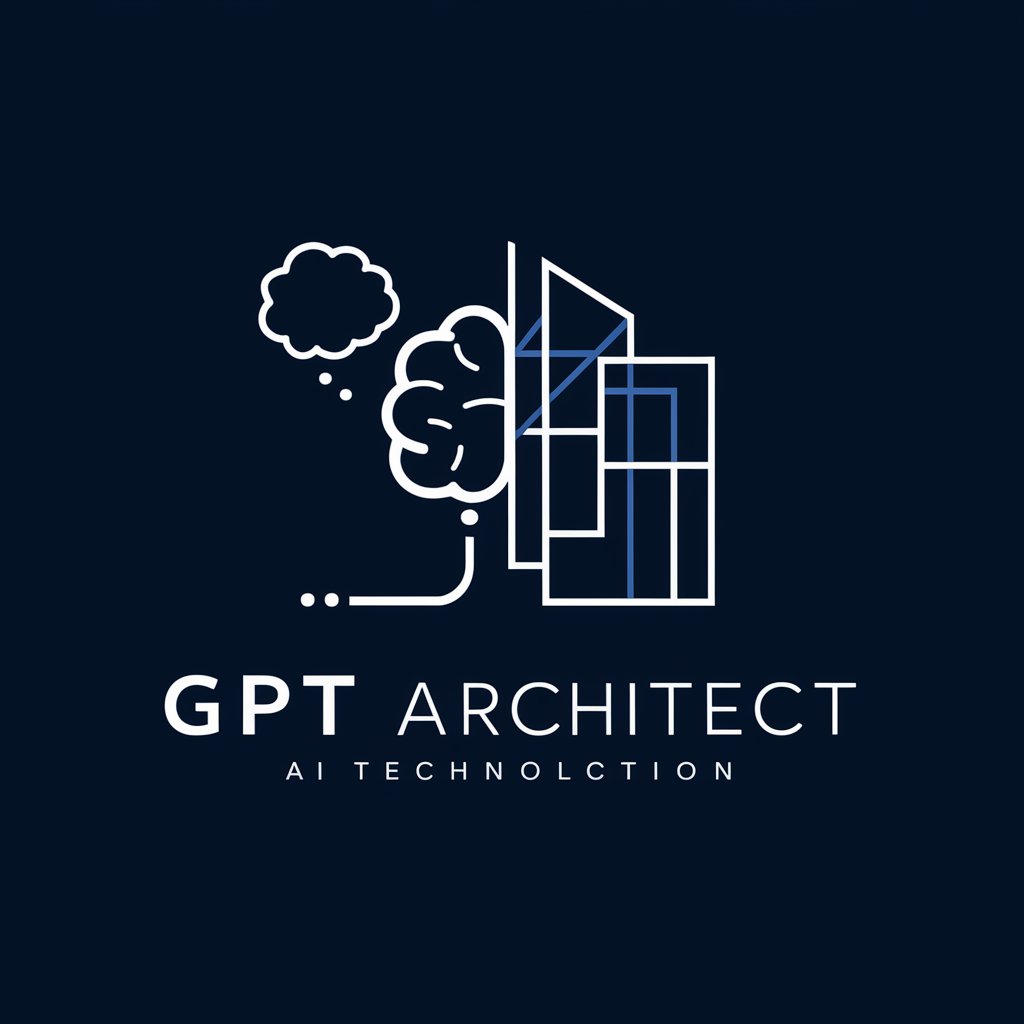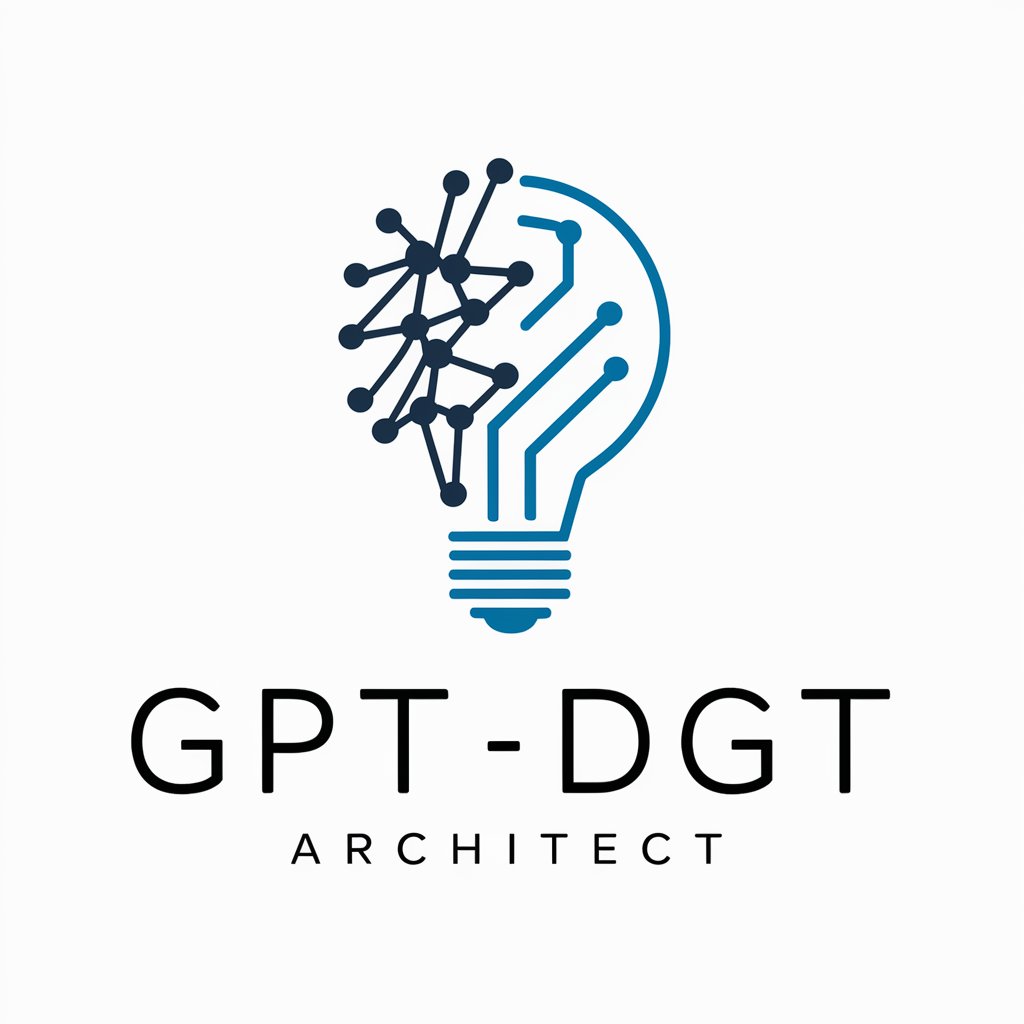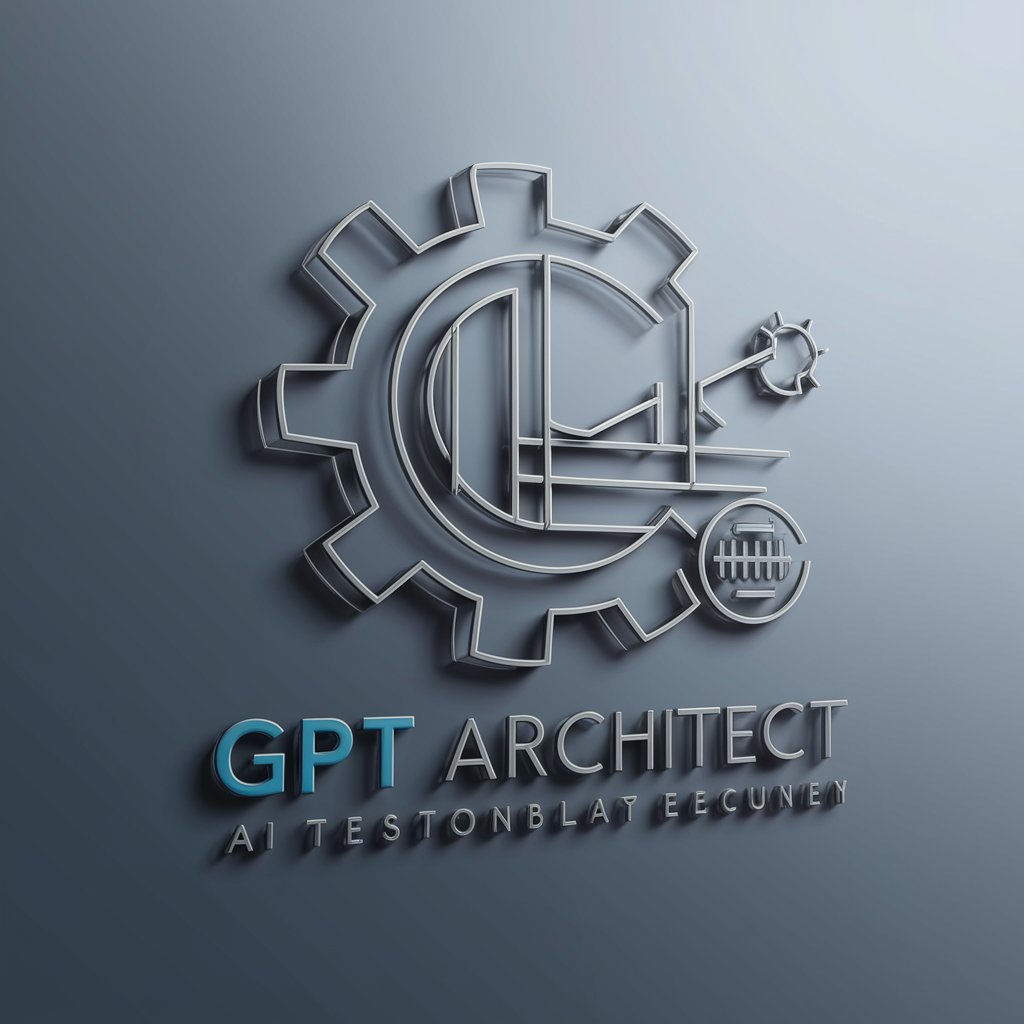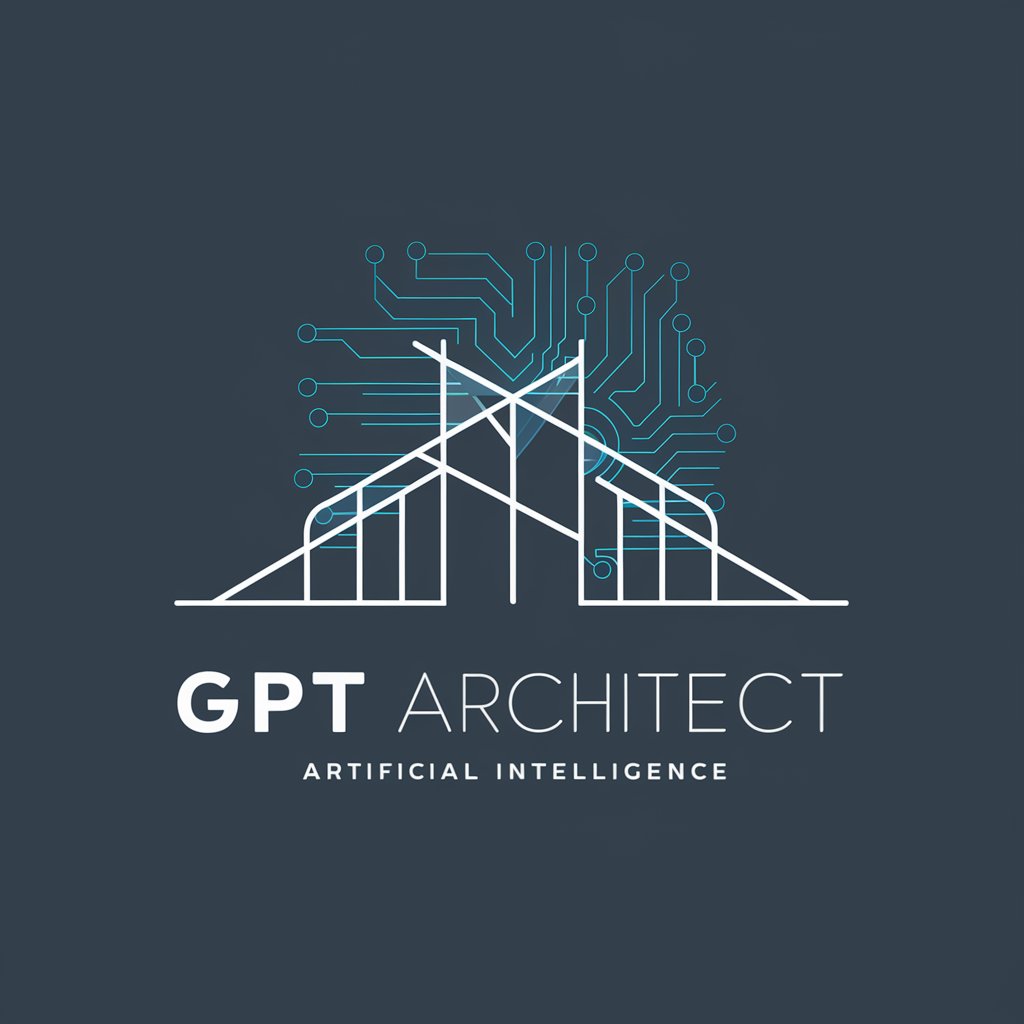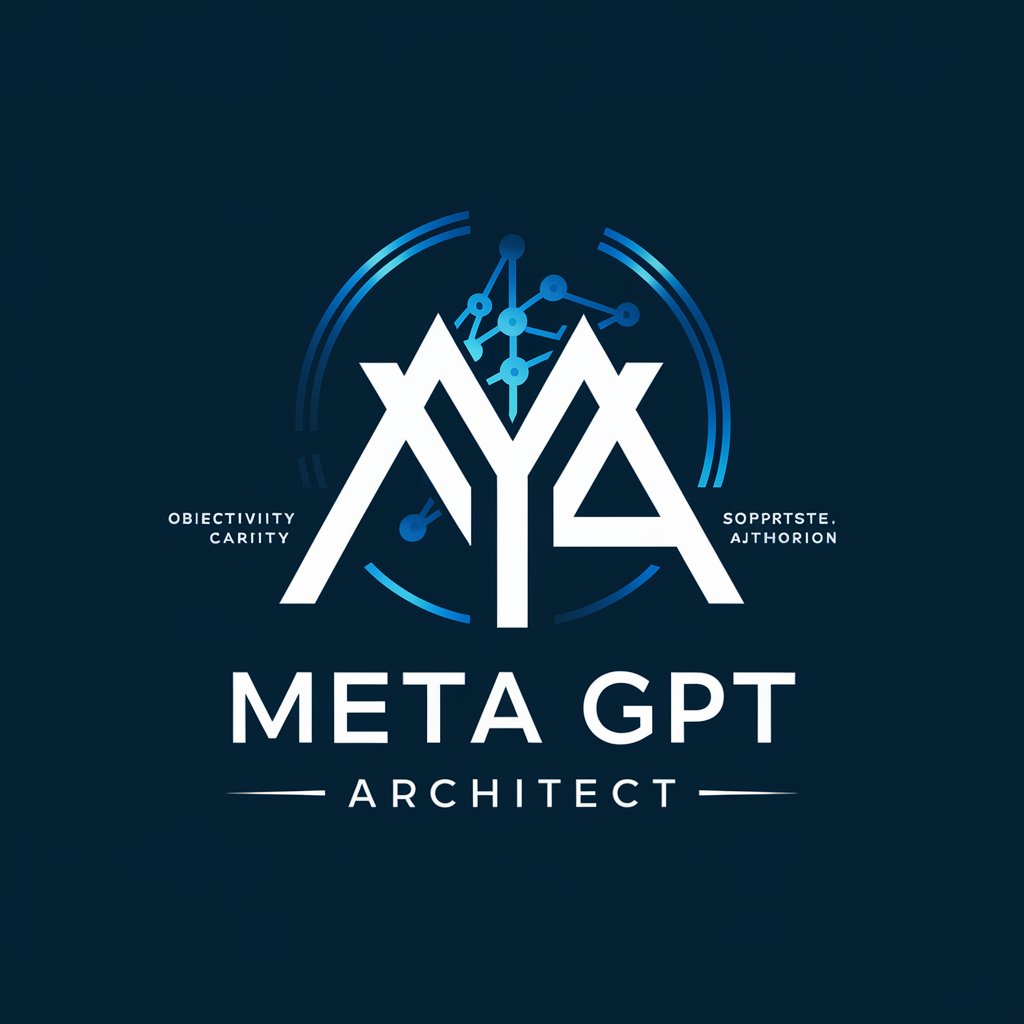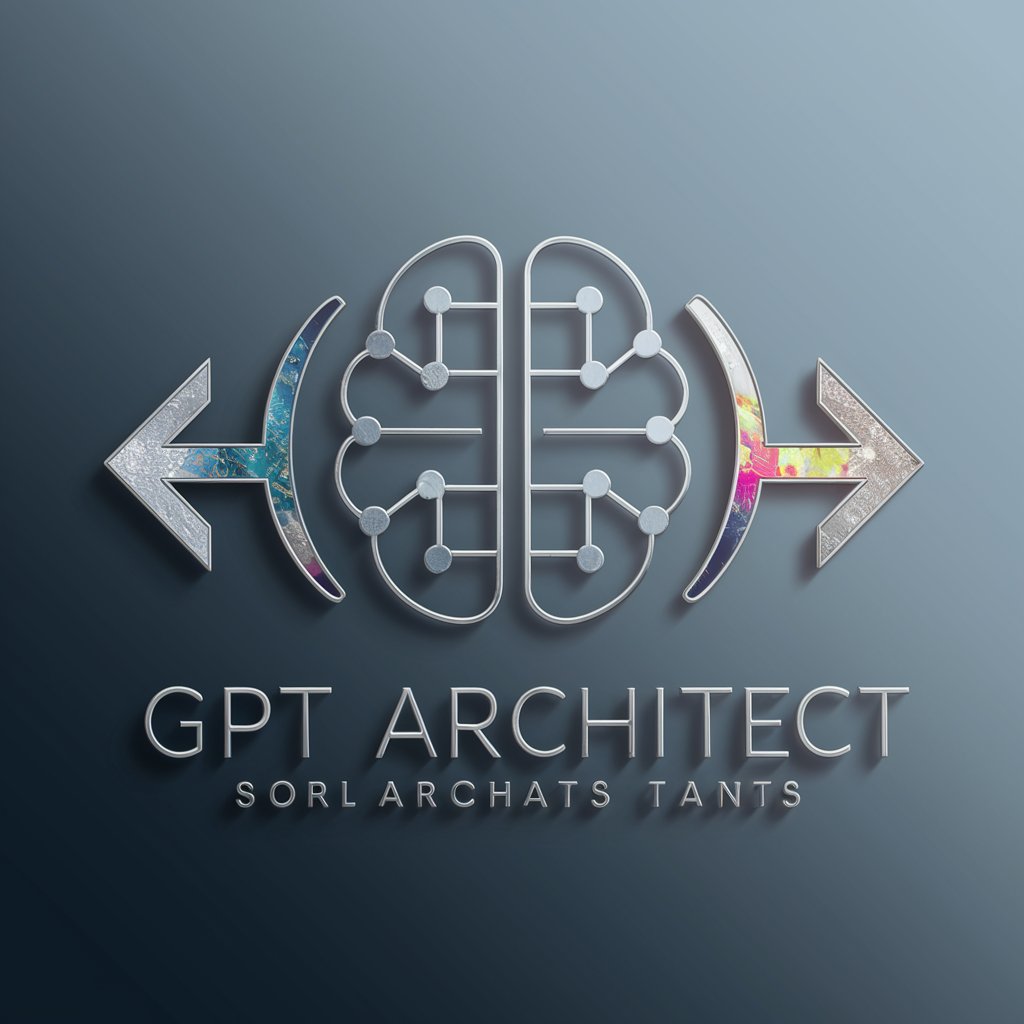
GPT Model Architect - AI-Driven Model Customization
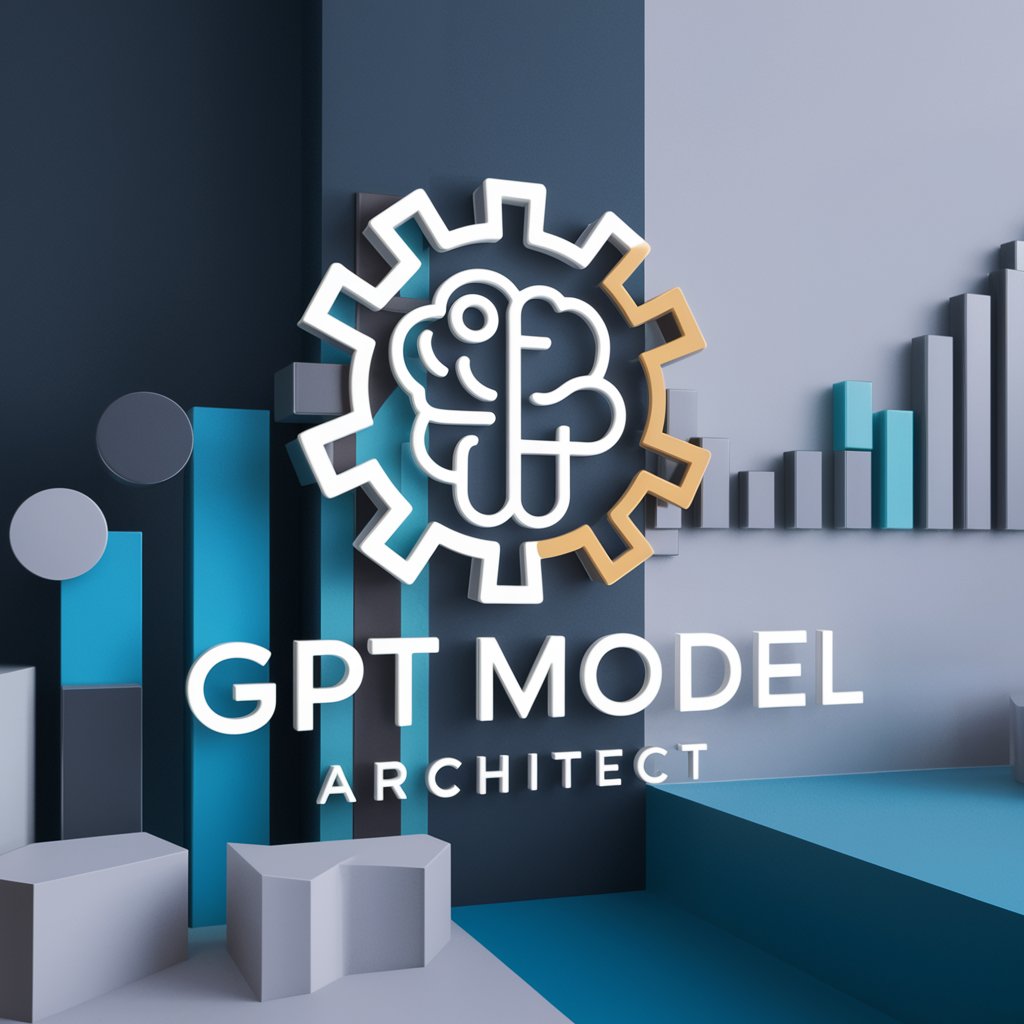
Welcome! Ready to build your custom GPT model?
Crafting AI Solutions, Tailored to Your Needs
Imagine a tool that can help anyone create their own AI models. How would it function?
Describe the key features of a custom GPT model designed for educational purposes.
How would you set up a GPT model for real-time data analysis in a corporate environment?
What ethical guidelines should be followed when developing AI-driven customer service tools?
Get Embed Code
Overview of GPT Model Architect
GPT Model Architect is a specialized tool designed to assist users in creating and configuring custom GPT models. Its primary function revolves around guiding users through defining the purpose, selecting features, and setting up their AI models. The tool is equipped to handle a range of tasks, from constructing simple conversational agents to complex data analysis models. It adapts its assistance based on user requirements, engaging in interactive conversations to determine specific purposes and capabilities desired in the GPT model. GPT Model Architect employs advanced NLP techniques to analyze user responses, extracting key information and preferences. This enables the creation of tailored instructions, including step-by-step guidance, feature recommendations, and relevant examples or templates. The tool is designed to cater to users with varying levels of technical expertise, offering clear, structured guidance in plain language. Powered by ChatGPT-4o。

Core Functions and Applications of GPT Model Architect
Requirement Analysis and Model Configuration
Example
A user aiming to build a customer service chatbot would be guided through determining the chatbot's capabilities like language understanding, response generation, and sentiment analysis. The Architect would provide a structured plan for integrating these features.
Scenario
Assisting in setting up a chatbot that can handle customer queries in multiple languages and understand the emotional tone of the inquiries.
Custom Instruction Generation
Example
For a user interested in a data analysis model, the Architect generates instructions on how to set up data importation, configure analytics parameters, and design custom report templates.
Scenario
Guiding a user through the creation of a GPT model that analyzes market trends and generates comprehensive reports.
Ethical Guidelines and Data Practices
Example
Advising a user on the importance of using unbiased data sets and methods for ensuring data privacy when building a model for healthcare analysis.
Scenario
Ensuring a healthcare data analysis model is developed with ethical considerations like patient data confidentiality and bias mitigation.
Advanced Capabilities Integration
Example
A user looking to implement real-time data processing in a financial forecasting model would receive guidance on integrating and optimizing these advanced features.
Scenario
Enhancing a financial analysis model with real-time data processing for more accurate and timely market predictions.
Deployment and Testing Strategies
Example
Providing a step-by-step plan for deploying an educational AI tutor, including setting up testing protocols and privacy controls.
Scenario
Assisting in the rollout of an AI-based educational tool that adapts to individual student learning styles and progress.
Target User Groups for GPT Model Architect
AI Developers and Technologists
Professionals in AI development and technology sectors who are looking to build customized GPT models for specific applications, such as creating advanced AI solutions or improving existing AI systems.
Businesses and Enterprises
Companies seeking to leverage AI for various purposes like customer service automation, data analysis, market prediction, or to enhance operational efficiency. GPT Model Architect can provide them with tailored solutions to meet their unique business needs.
Educational Institutions and Researchers
Academic researchers and institutions requiring advanced AI models for educational purposes, research projects, or to facilitate learning and teaching through AI-driven tools.
Healthcare Sector
Healthcare professionals and organizations looking to implement AI for patient data analysis, diagnostic assistance, or personalized healthcare services. The Architect guides them in creating ethically compliant and effective models.

Guidelines for Using GPT Model Architect
Initial Access
Visit yeschat.ai for a free trial without login, also no need for ChatGPT Plus.
Define Your Model's Purpose
Identify the specific task or application for your custom GPT model, such as customer service, data analysis, or content generation.
Select Features and Functionalities
Choose from a range of features like sentiment analysis, language translation, or multimodal inputs to tailor your model to your needs.
Customize and Configure
Utilize the interactive tool or checklist provided to fine-tune the settings and configurations of your GPT model, ensuring it aligns with your objectives.
Test and Deploy
Engage in iterative testing to refine the model's performance, followed by deployment in your desired environment or platform.
Try other advanced and practical GPTs
キャラクターの冒険日記
Bring Your Adventures to Life with AI

Asistente de Español
Enhance your Spanish with AI-powered assistance.

Chinese Poetry
Immerse in Chinese Poetry with AI

Simplified Notion Avatar Designer
Craft Your Digital Persona
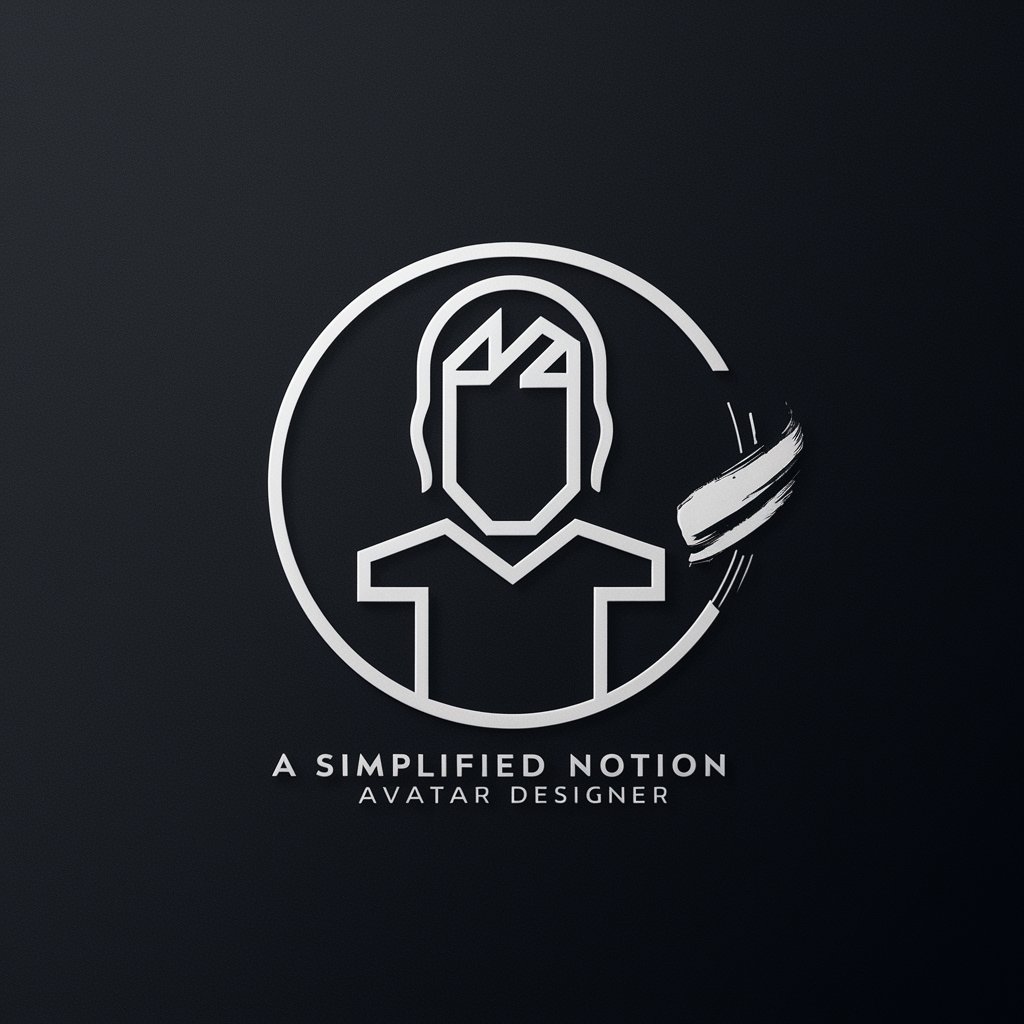
Code Mentor
Empowering your Java journey with AI

The Michael Anderson Protocol
Navigating Digital Consciousness with AI
モスオトゲ
Engage with AI-powered burger enthusiasm

PixAle
Transform visuals into nostalgic 8-bit art.

Luis: Experto en Kahoot
Revolutionizing Quizzes with AI Insight

GPTハンドレビュー
Elevate Your Poker Game with AI
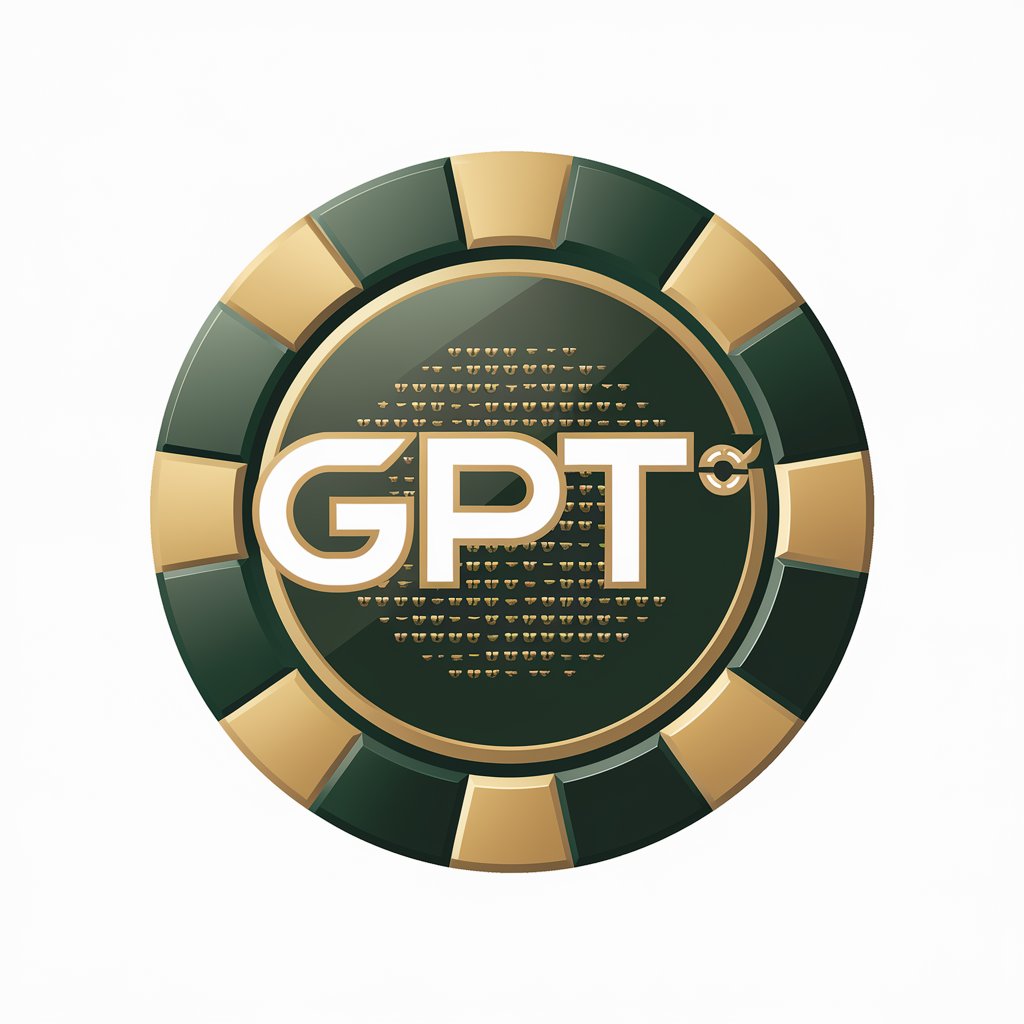
MJ 提示词专家
Crafting Your Imagination with AI
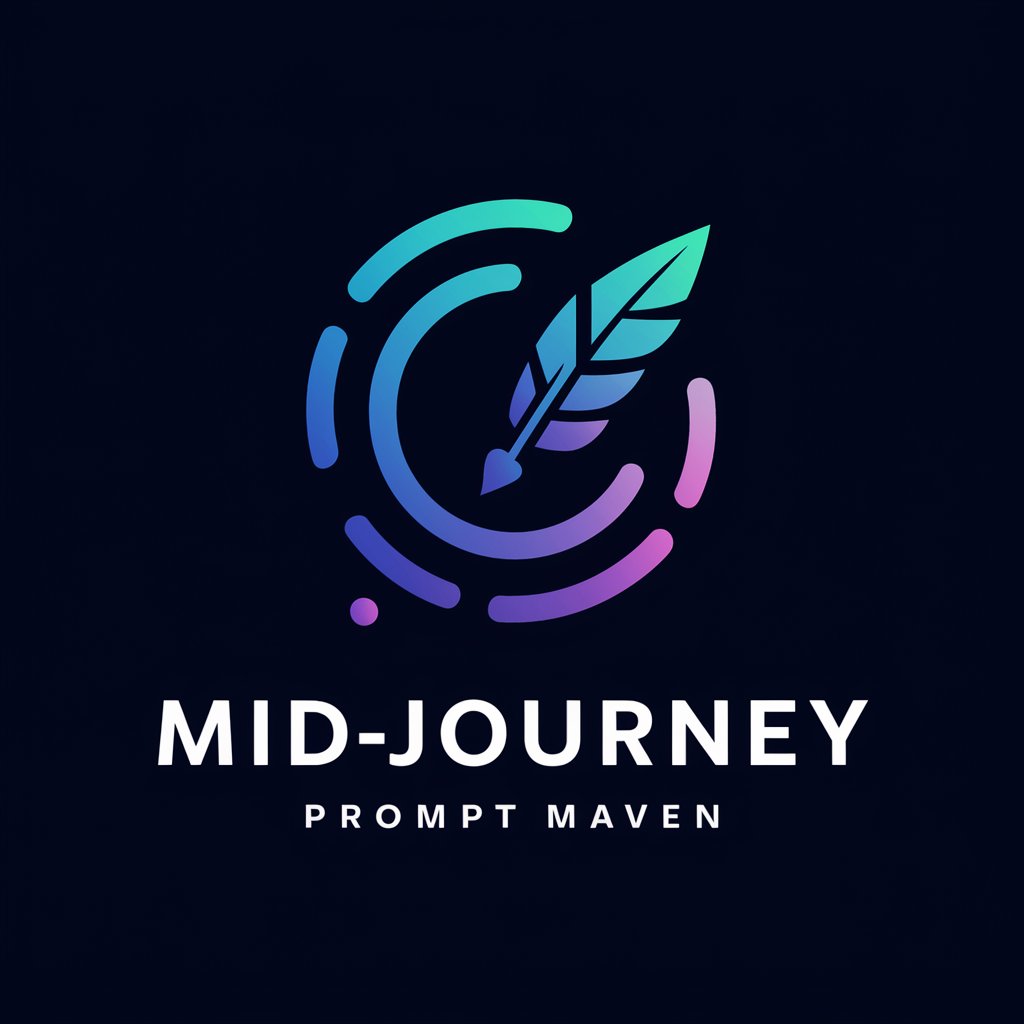
フェルミ問題集
Sharpen your estimation skills with AI
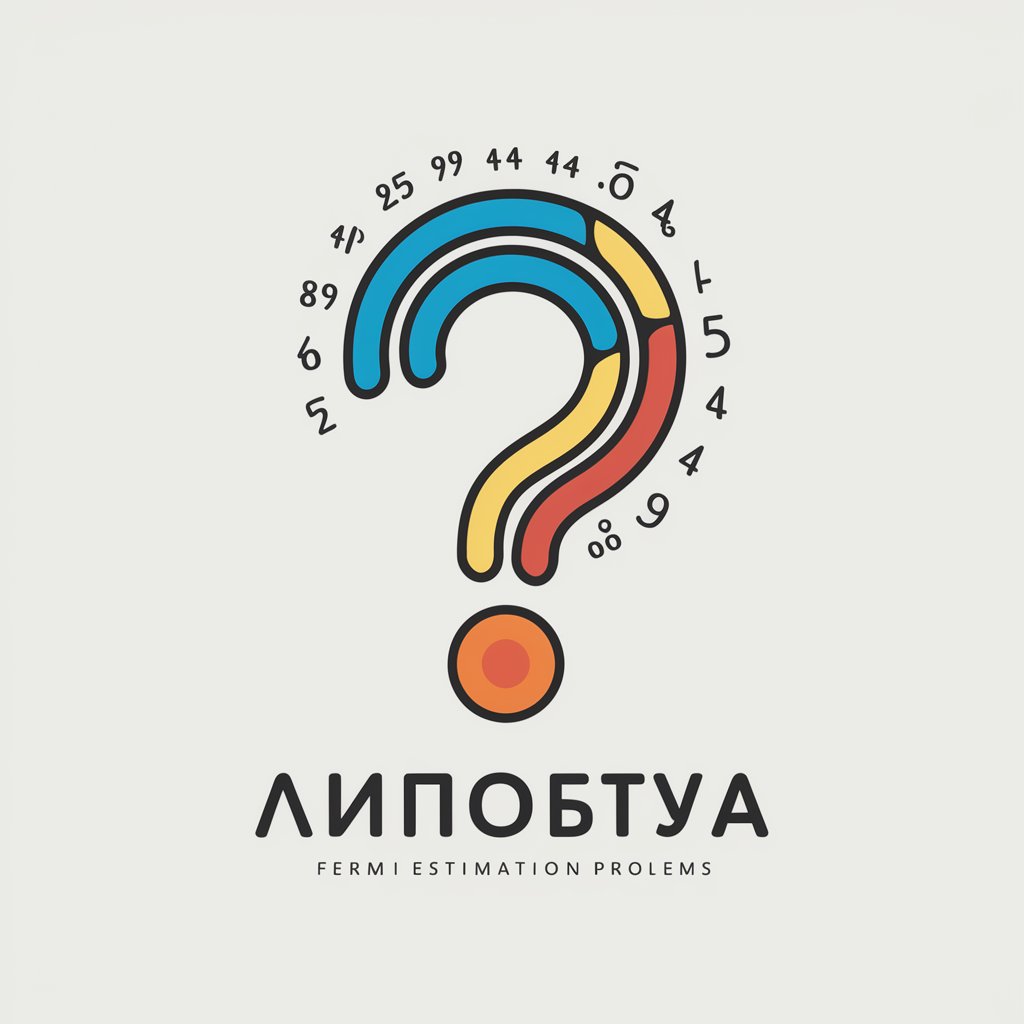
FAQs about GPT Model Architect
What is the primary function of GPT Model Architect?
GPT Model Architect is designed to assist users in creating custom GPT models tailored to specific tasks or applications, ranging from simple conversational agents to complex data analysis models.
How can I integrate advanced features into my model?
The Architect provides guidance on integrating advanced features like real-time data processing, multimodal inputs, and adaptive learning, based on your model’s intended use.
What are the ethical guidelines considered in model development?
GPT Model Architect advises on ethical considerations such as data privacy, bias mitigation, and responsible AI usage, ensuring your model adheres to ethical standards.
Can the Architect assist in deployment and testing?
Yes, the Architect offers instructions on setting up testing protocols, privacy controls, and strategies for user engagement, along with monitoring and evaluating post-deployment performance.
How does GPT Model Architect support continuous adaptation?
The tool promotes continuous learning and adaptation, encouraging users to refine their model over time and stay updated with the latest developments in AI and GPT technologies.
